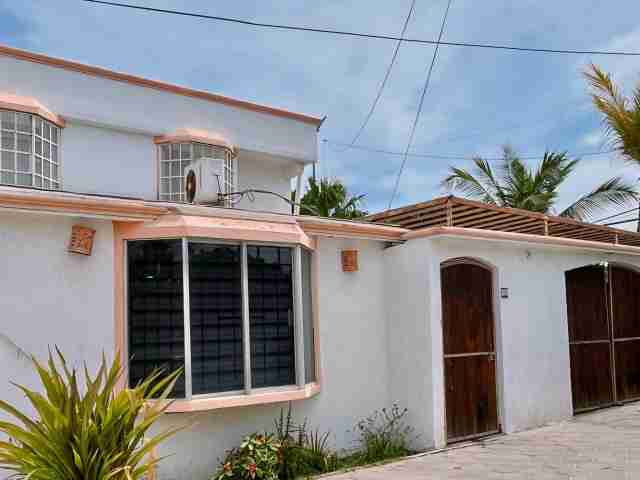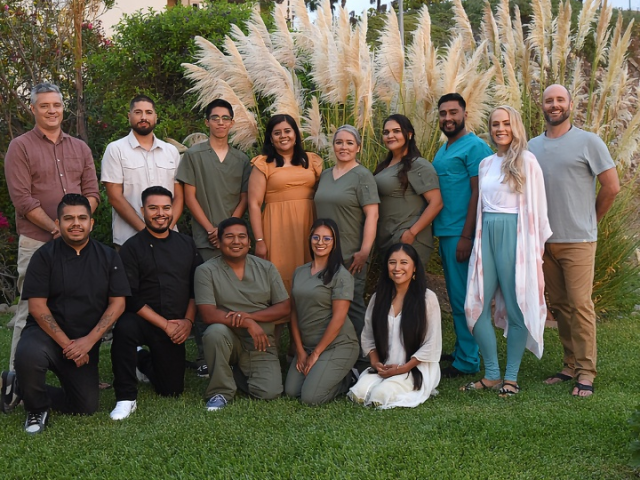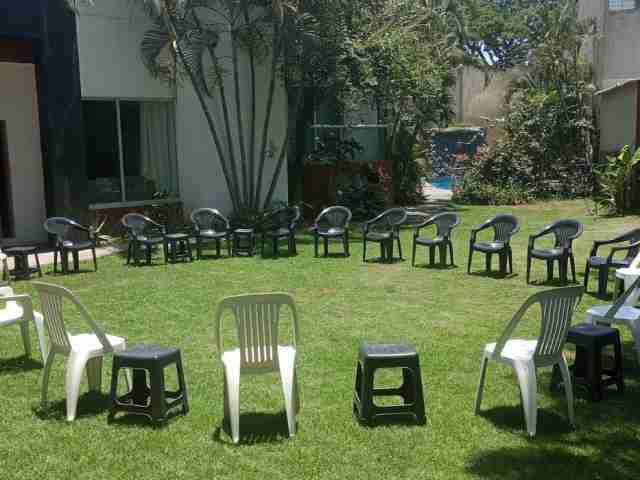Best Affordable Rehab Centers - $10,000 to $25,000 in Mexico
The best rehab is one that meets your needs. Our research team compiled information on the 14 best treatment centers for $10,000 to $25,000 in Mexico.

14 Centers
How we sort our results
Centers are ranked according to their verified status, relevancy, popularity, specializations and reviews. Additionally, compensation from advertisers is also a factor taken into consideration when determining the order of similar centers.
Top Treatment Locations
Need help finding care?
Let us point you in the right direction.
Why Trust Recovery.com
Evidence and ethics matter to us. Since 2013, our expert team has built comprehensive resources you can trust to find the right treatment for you.






































